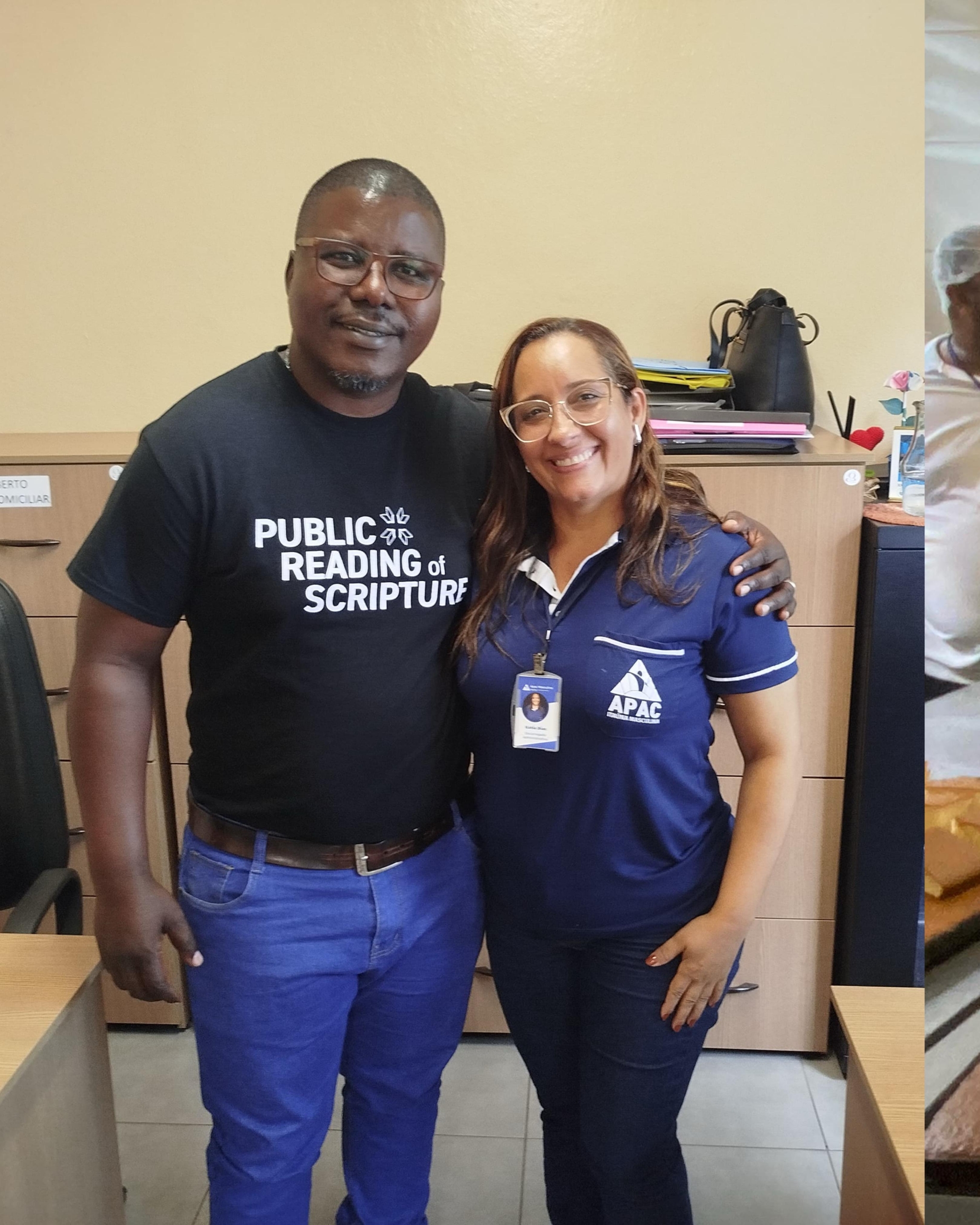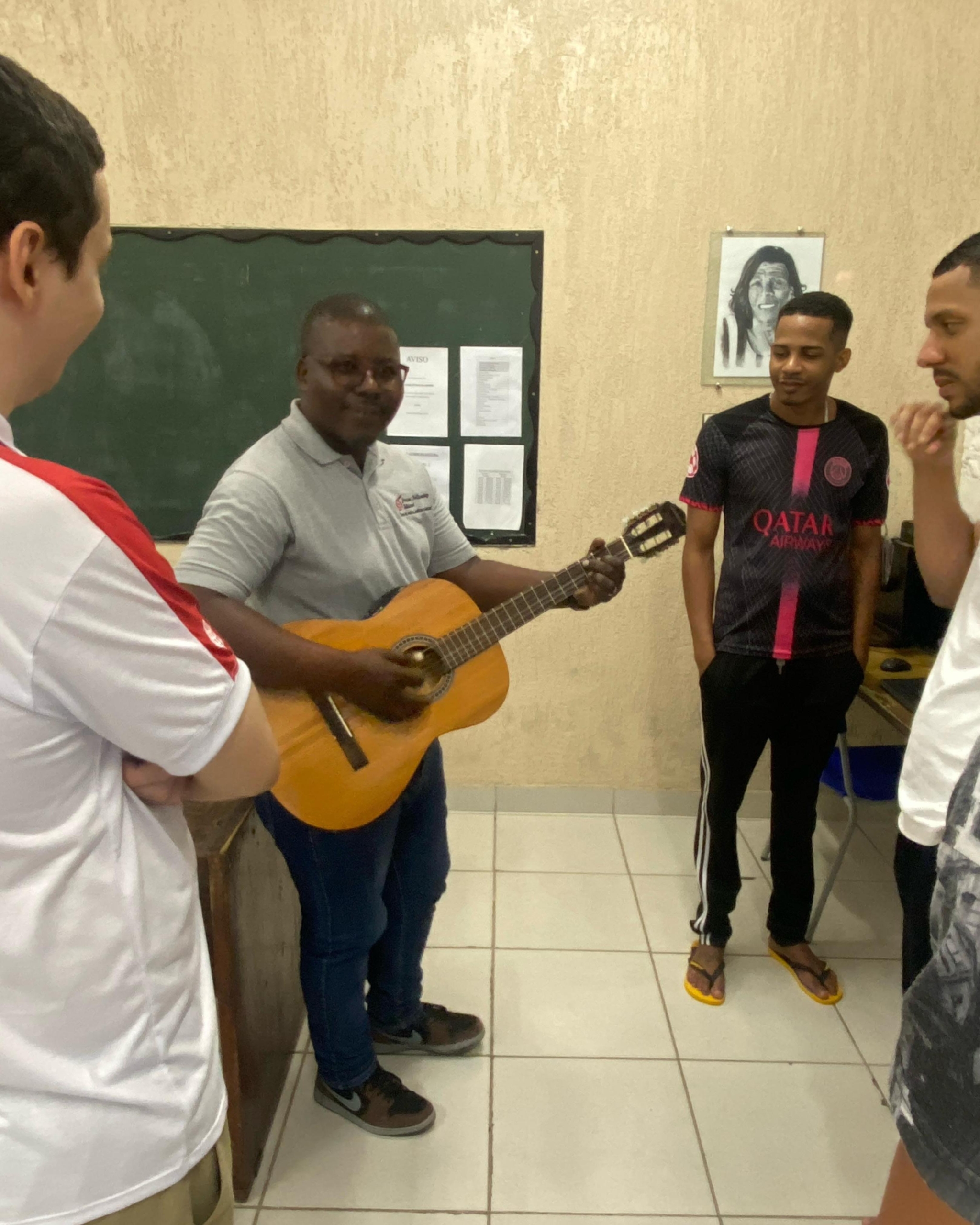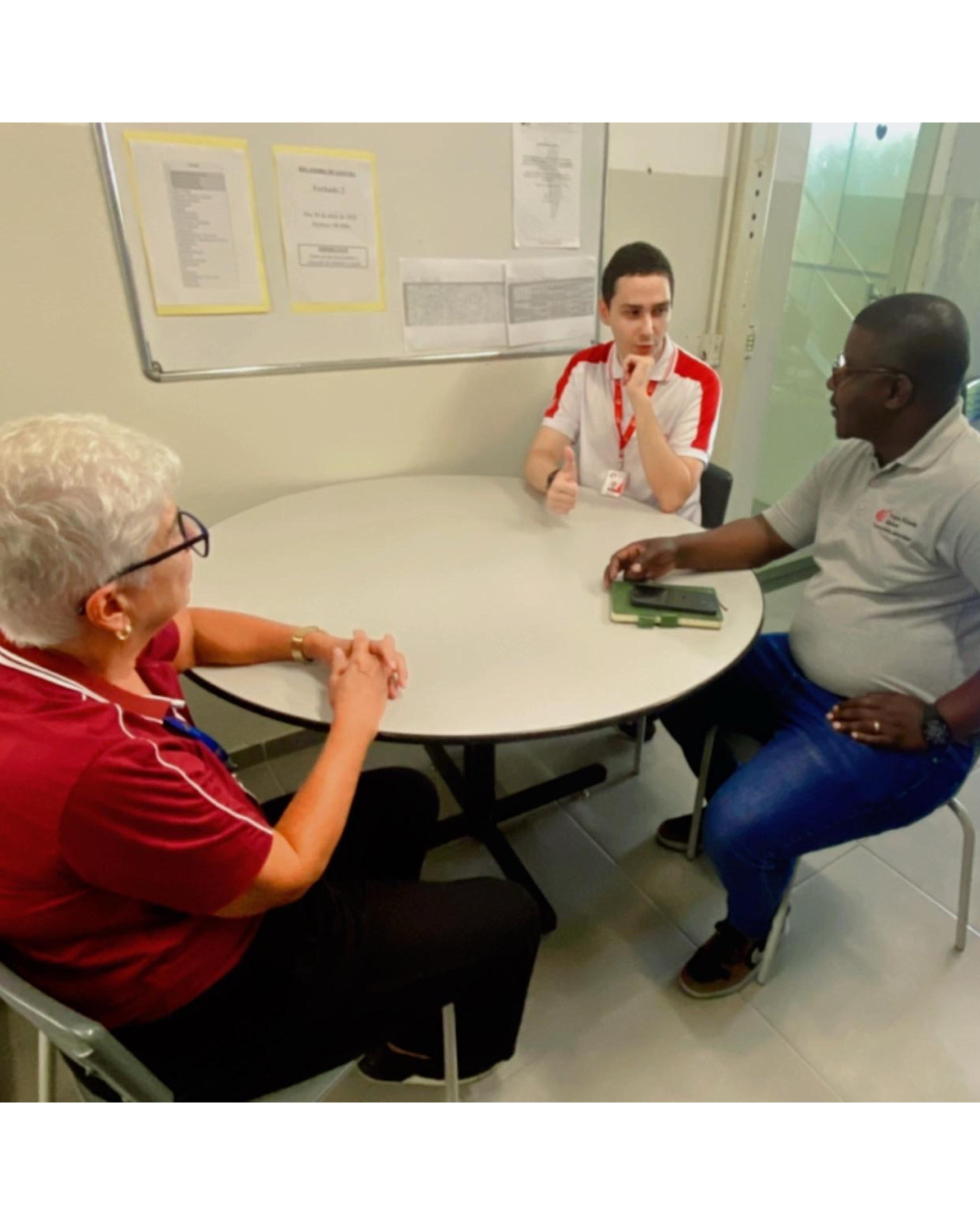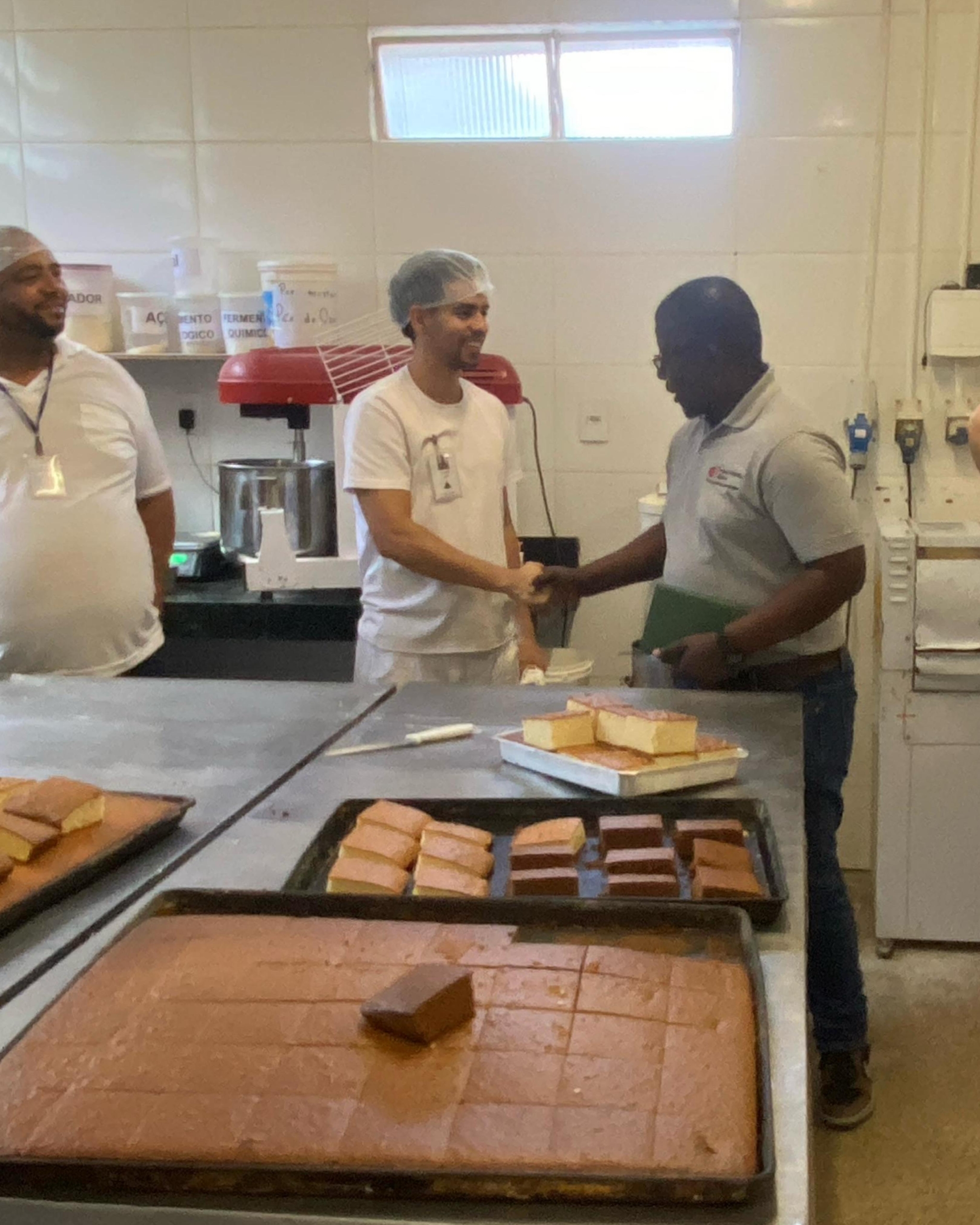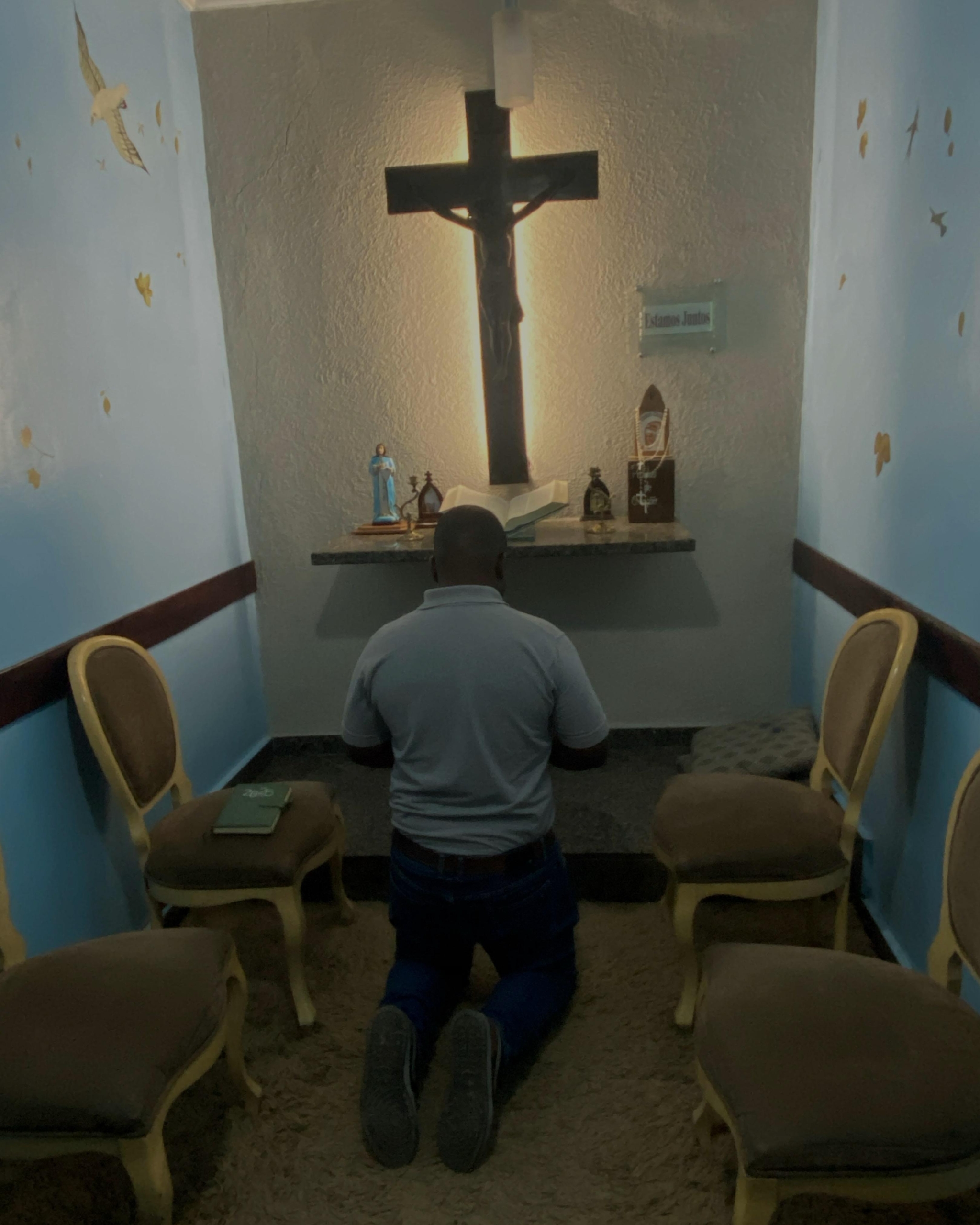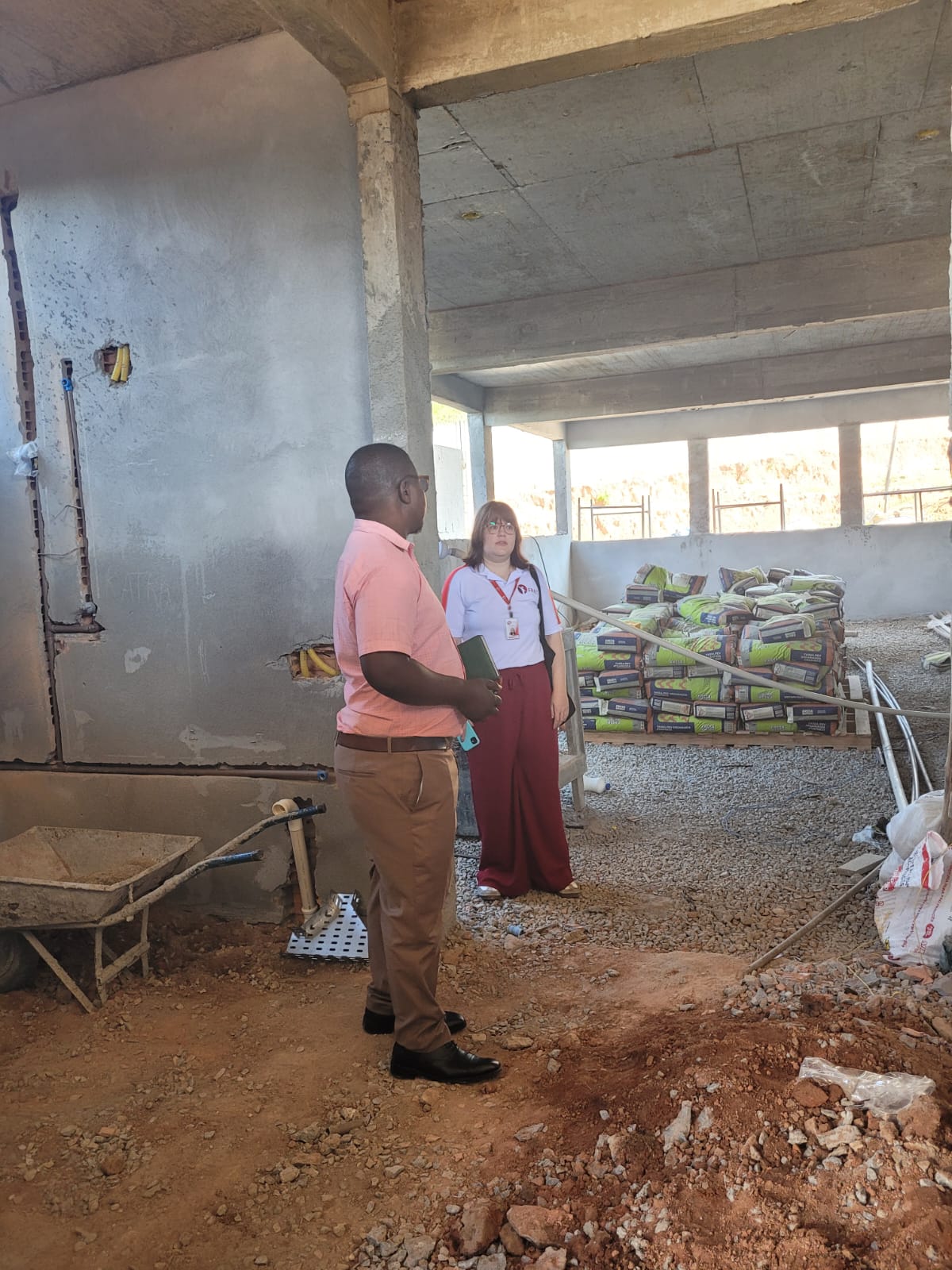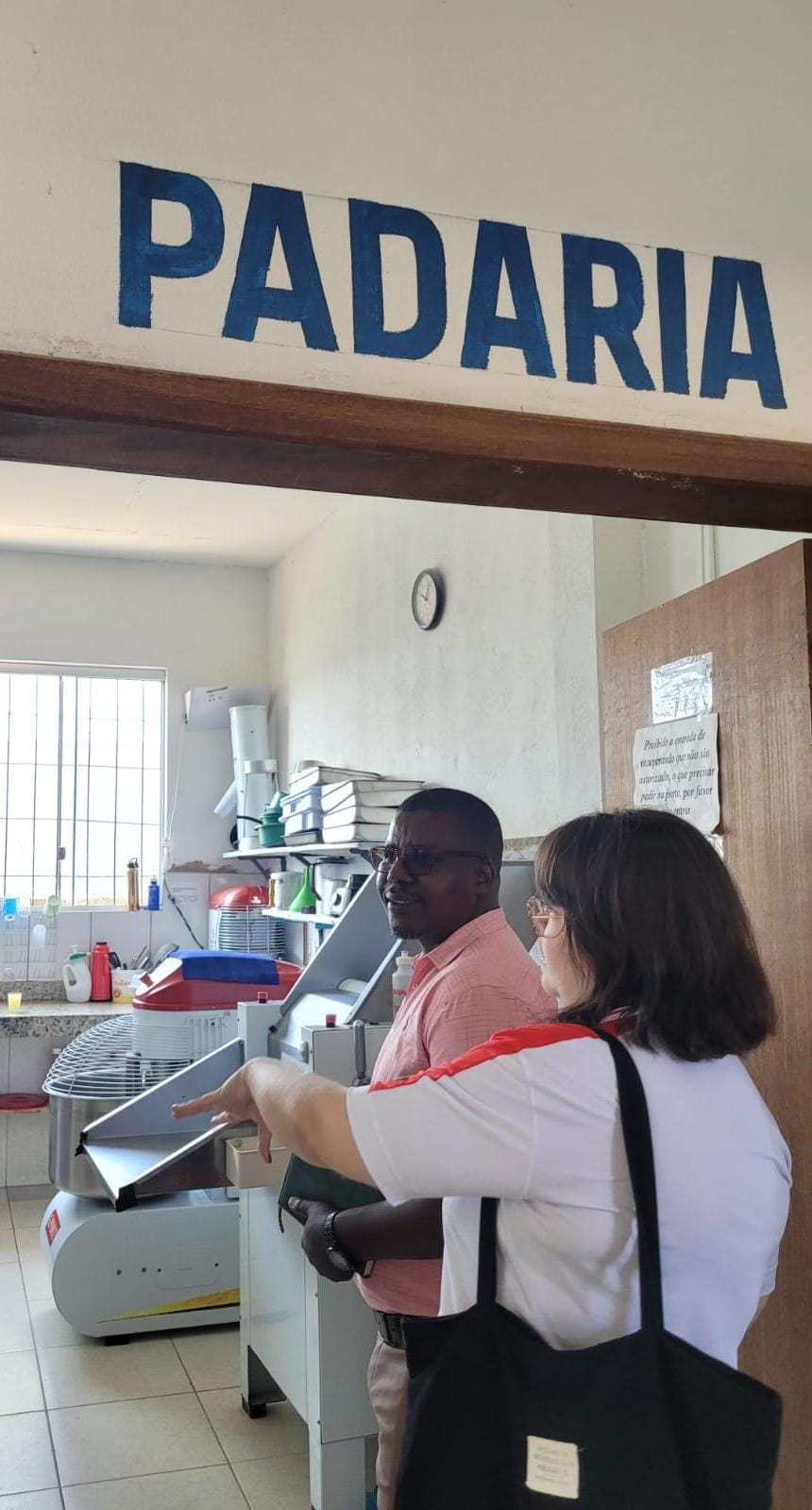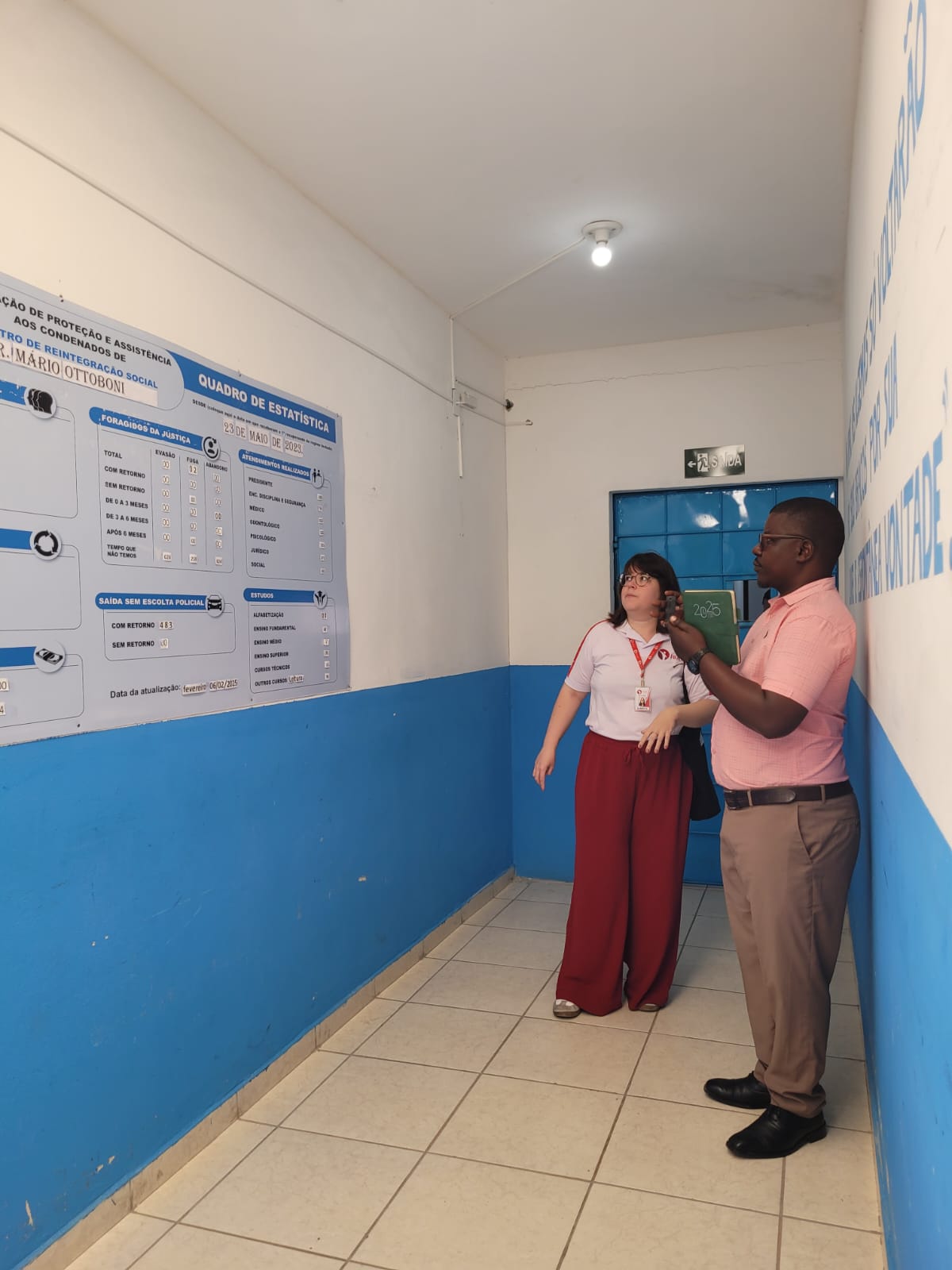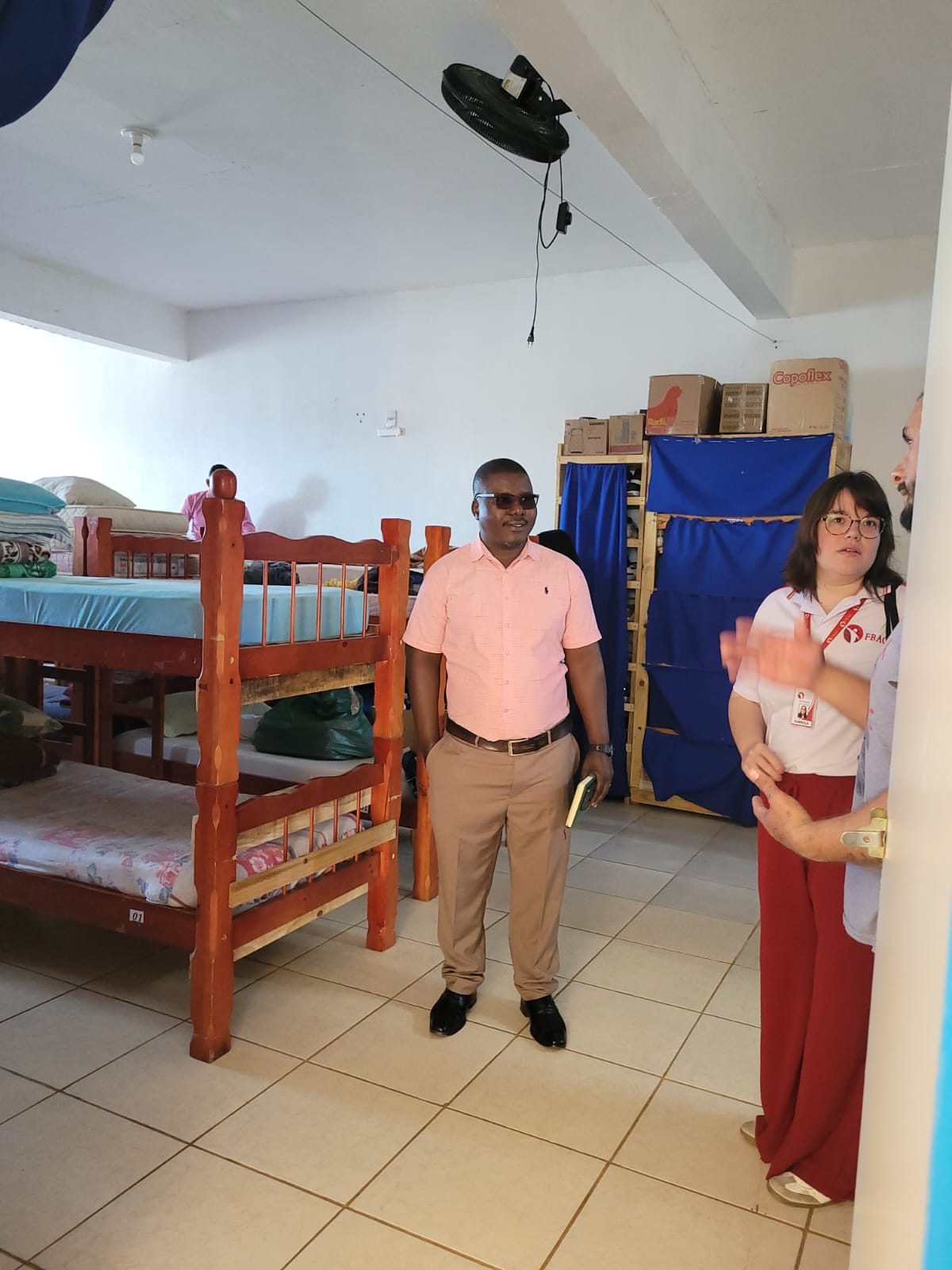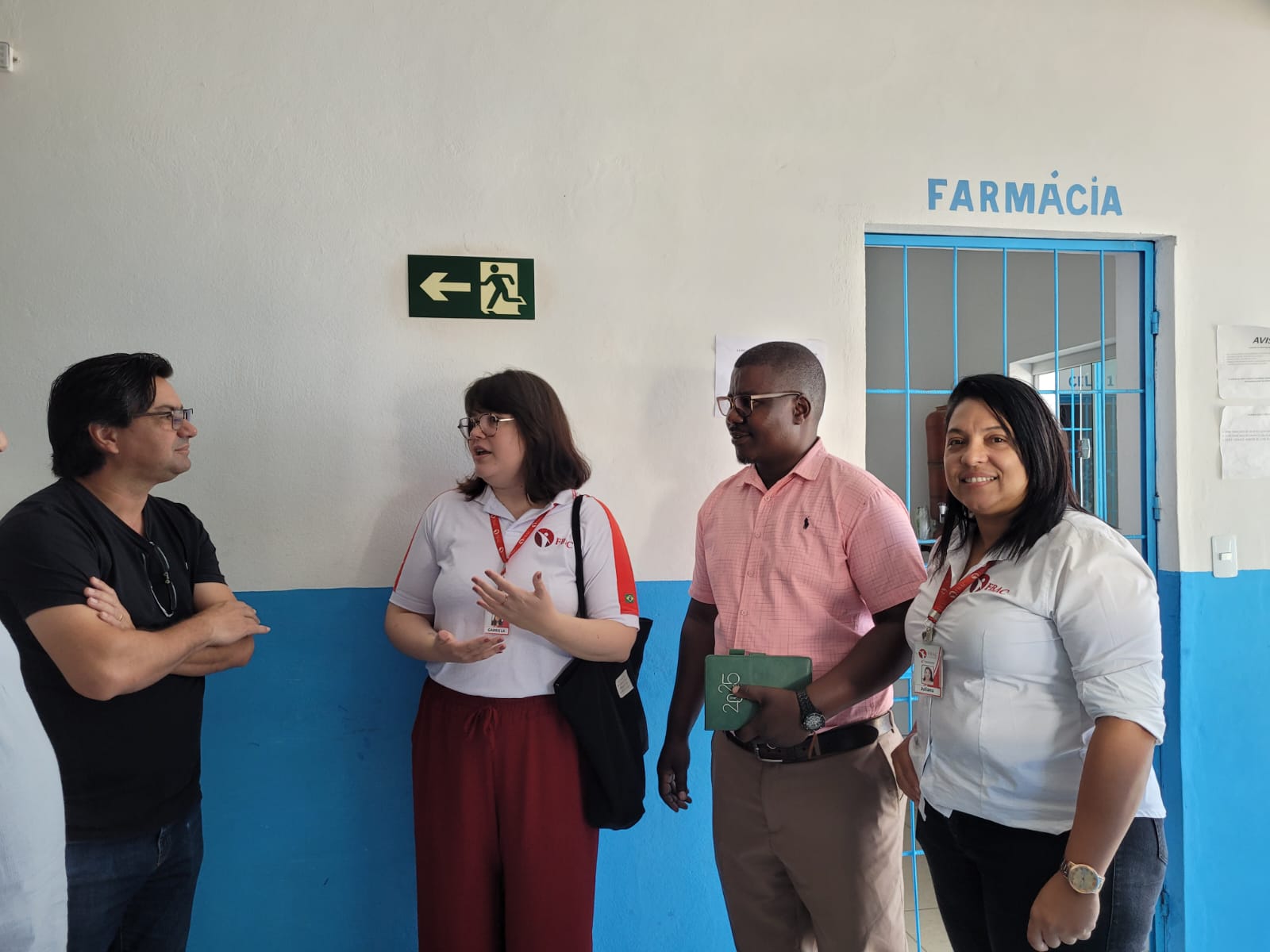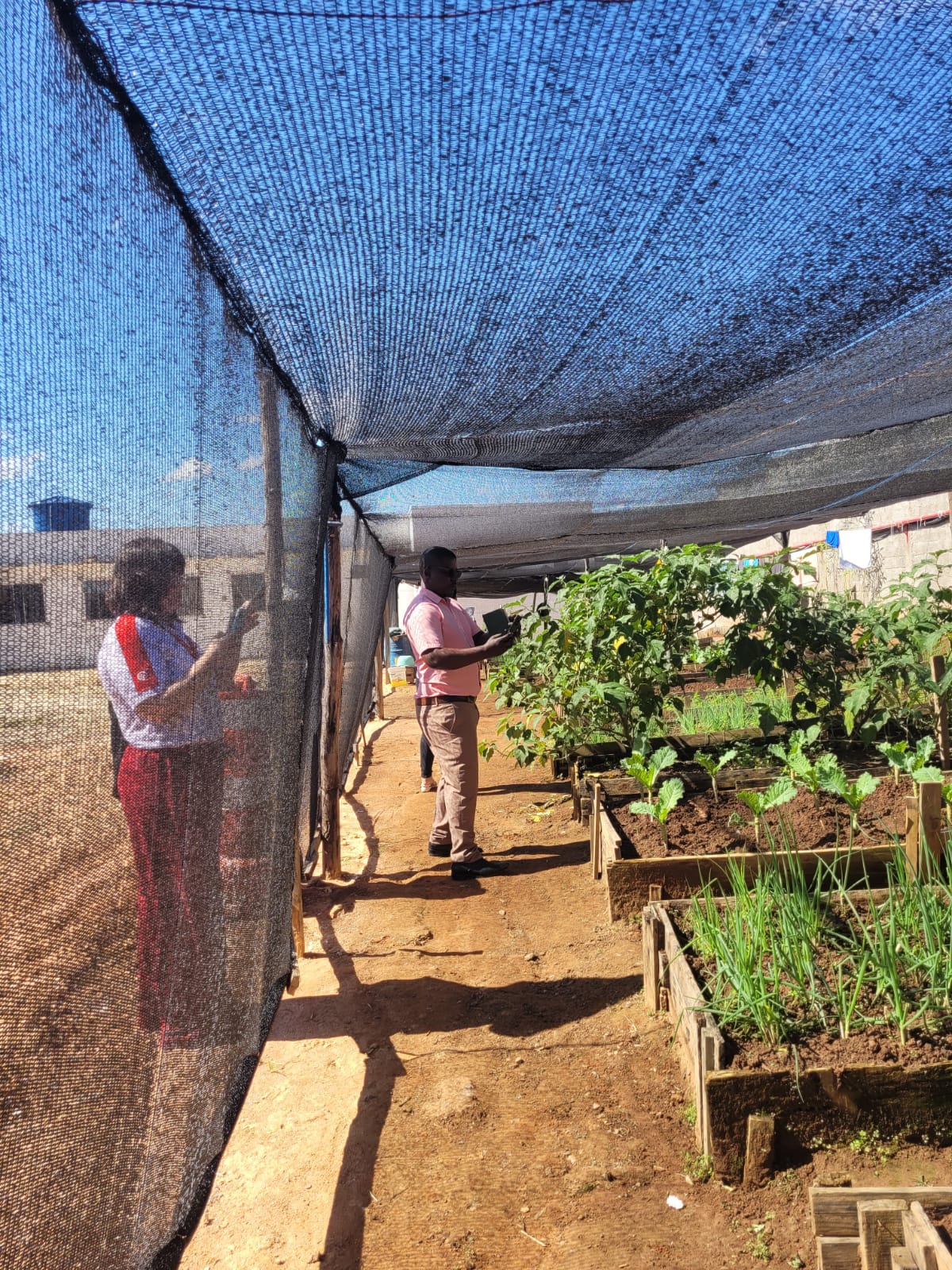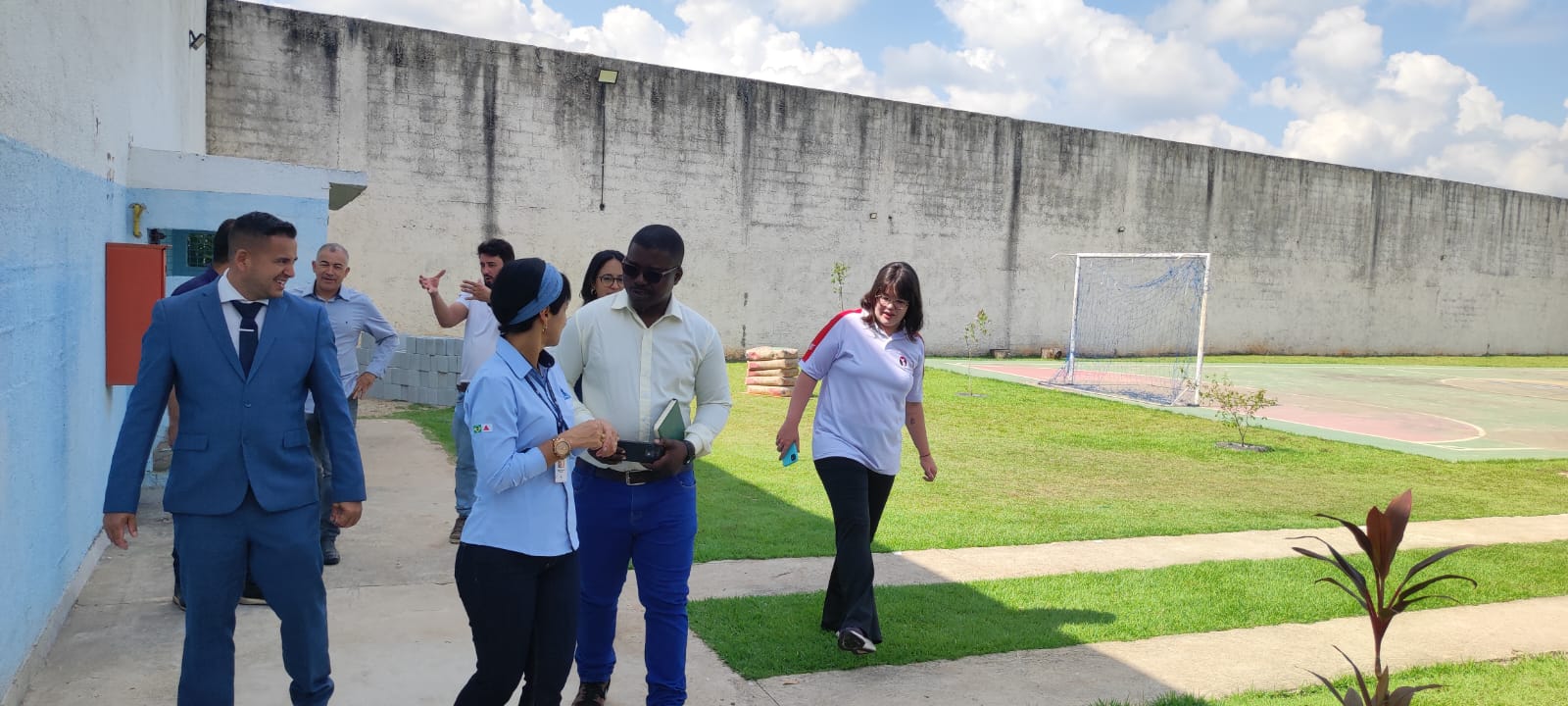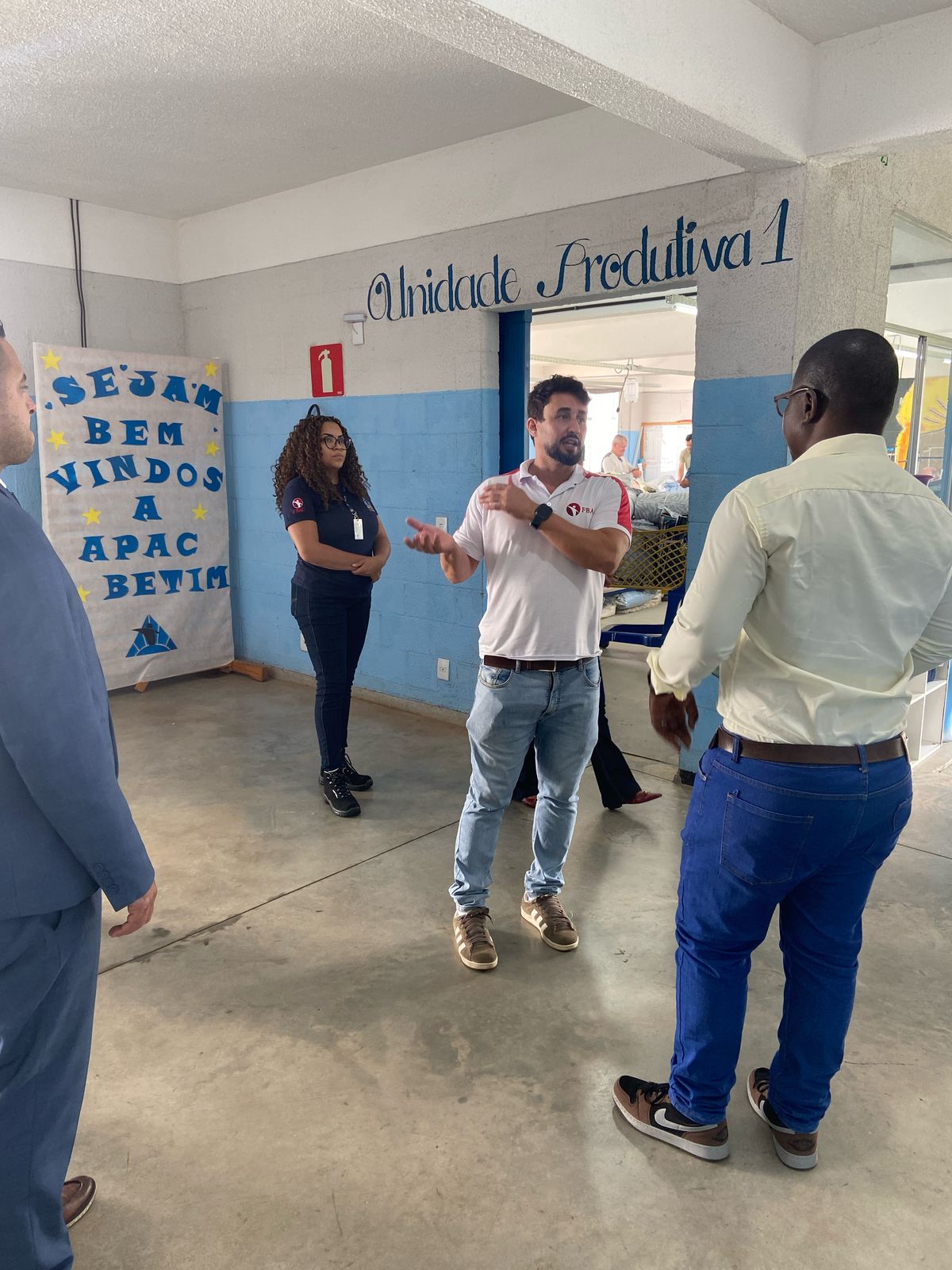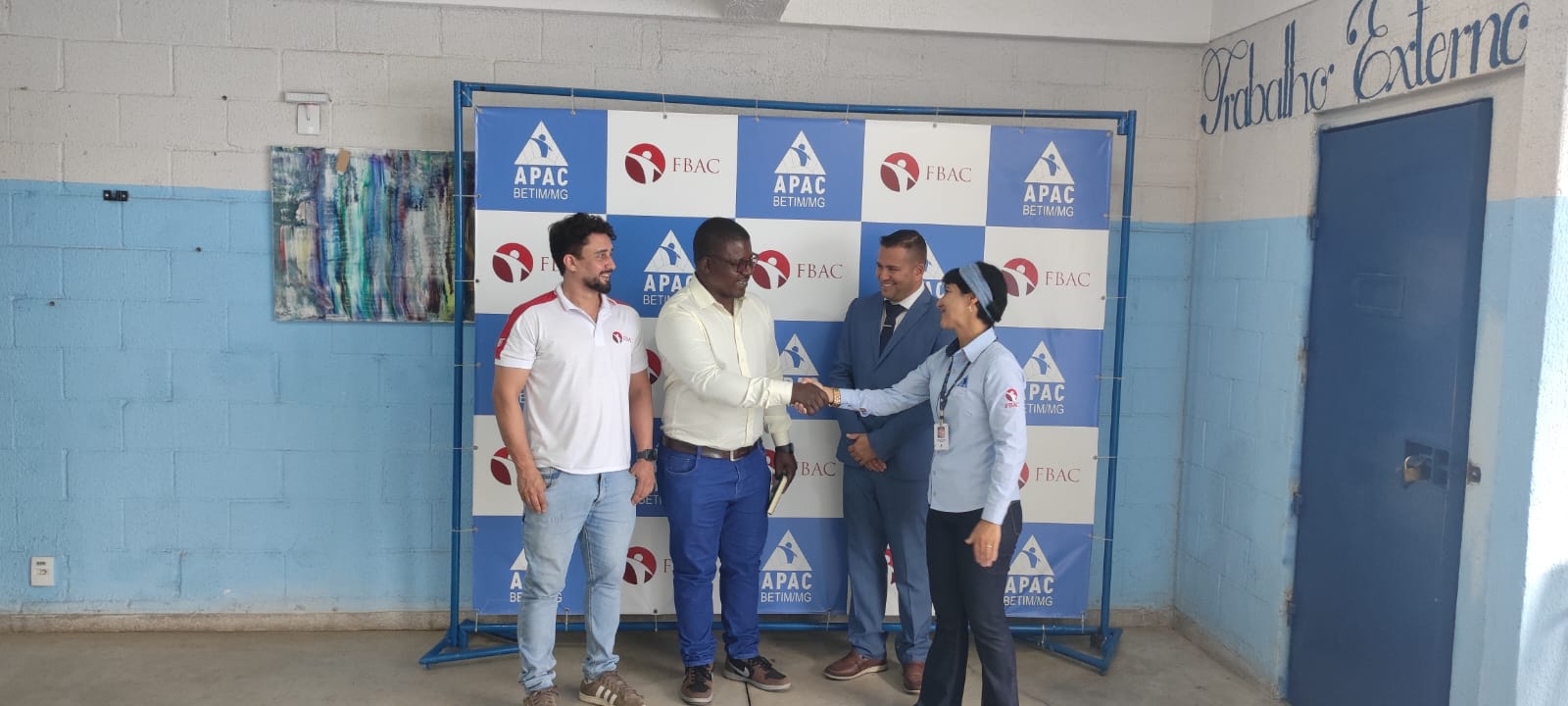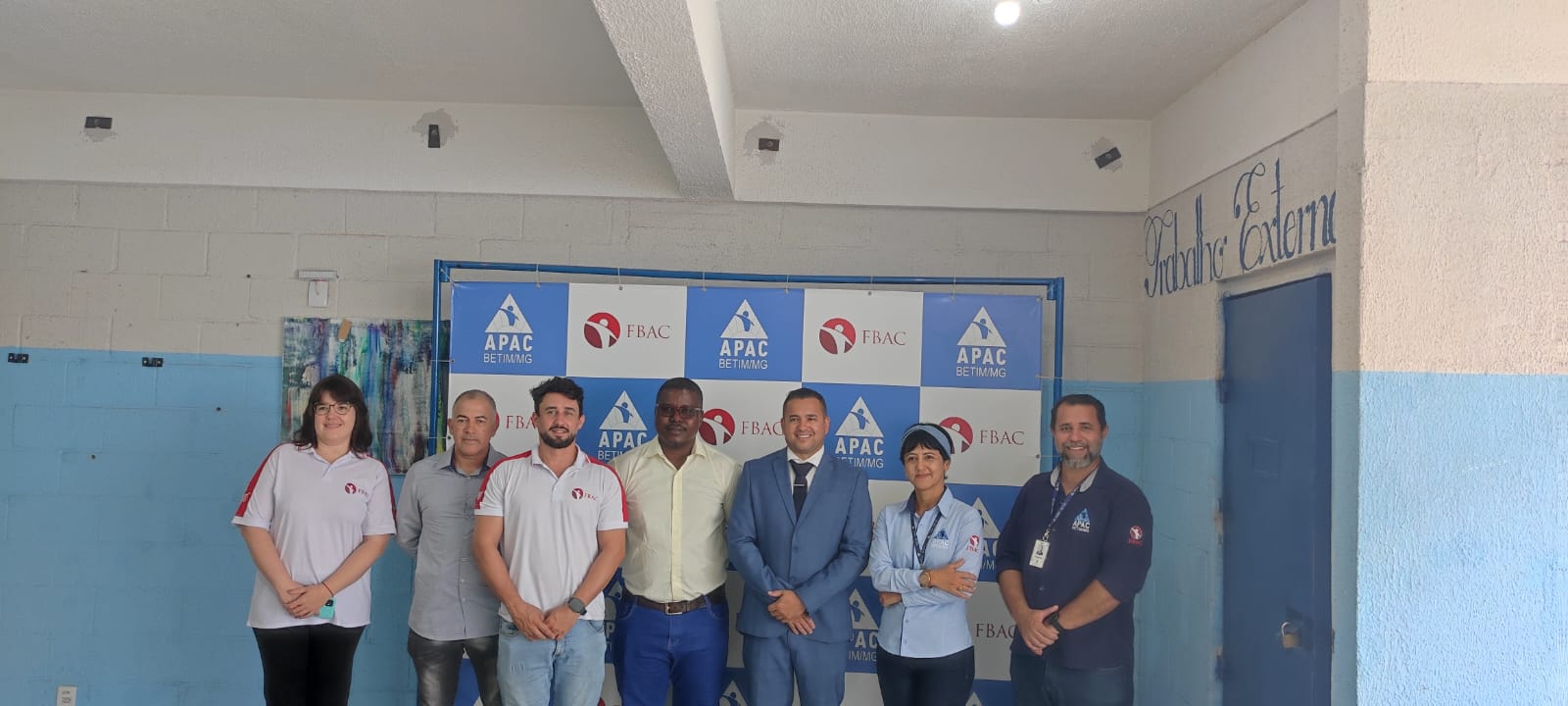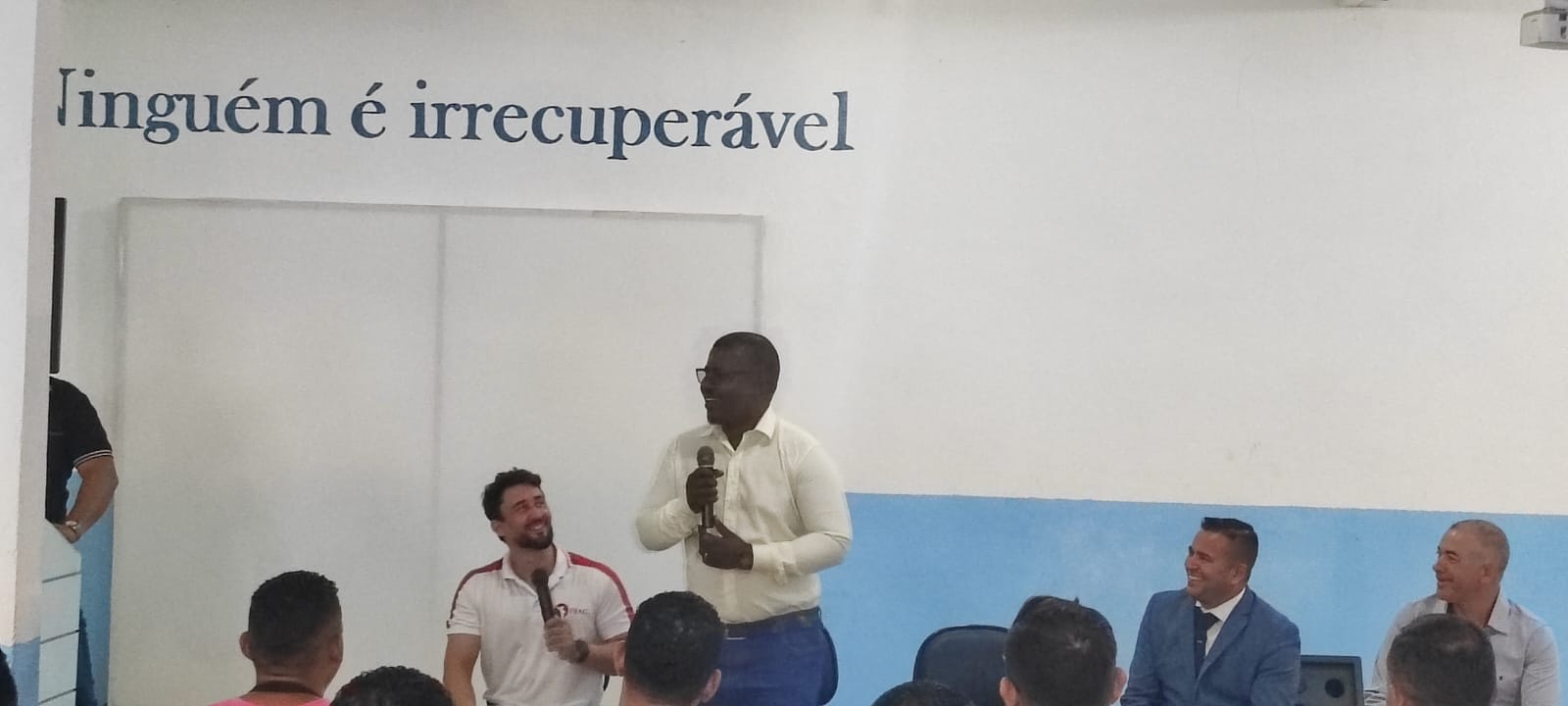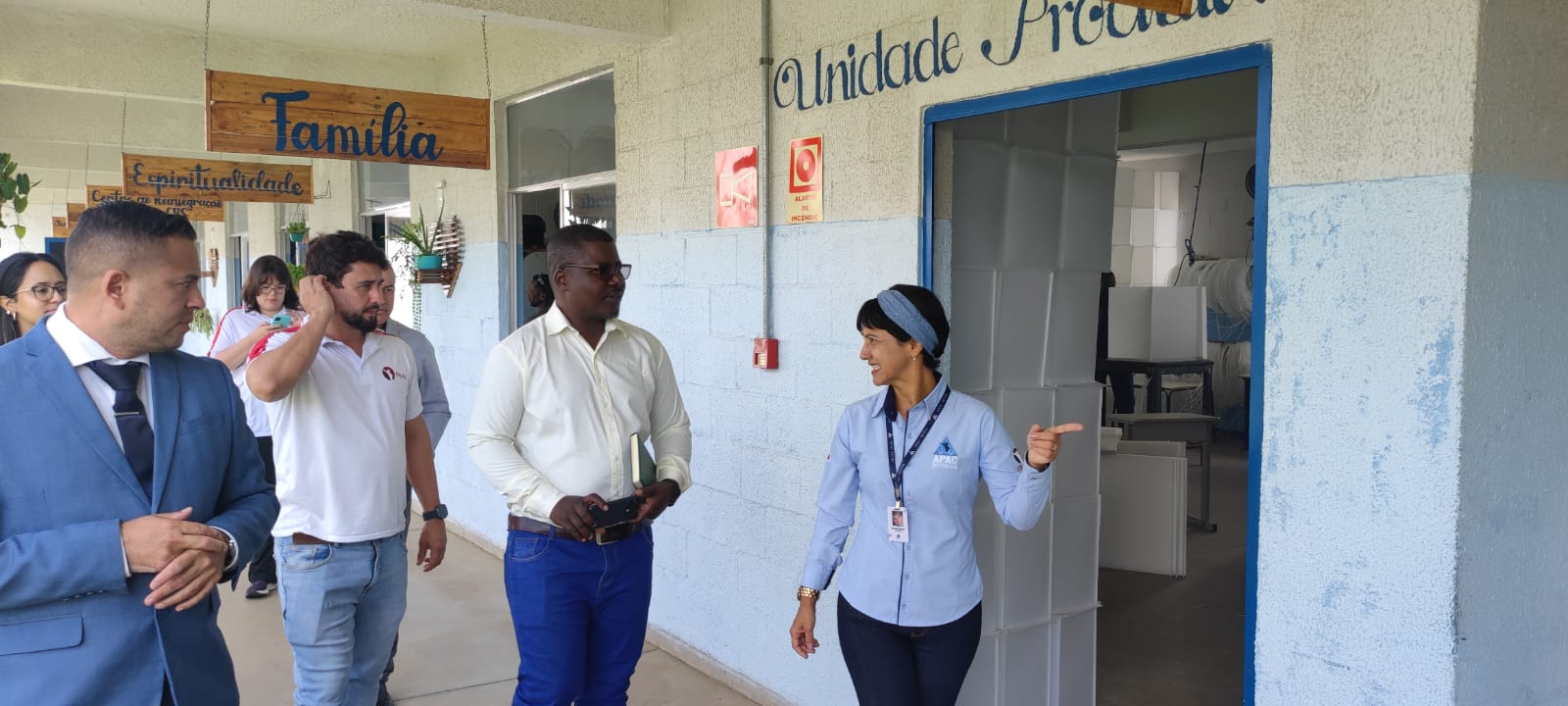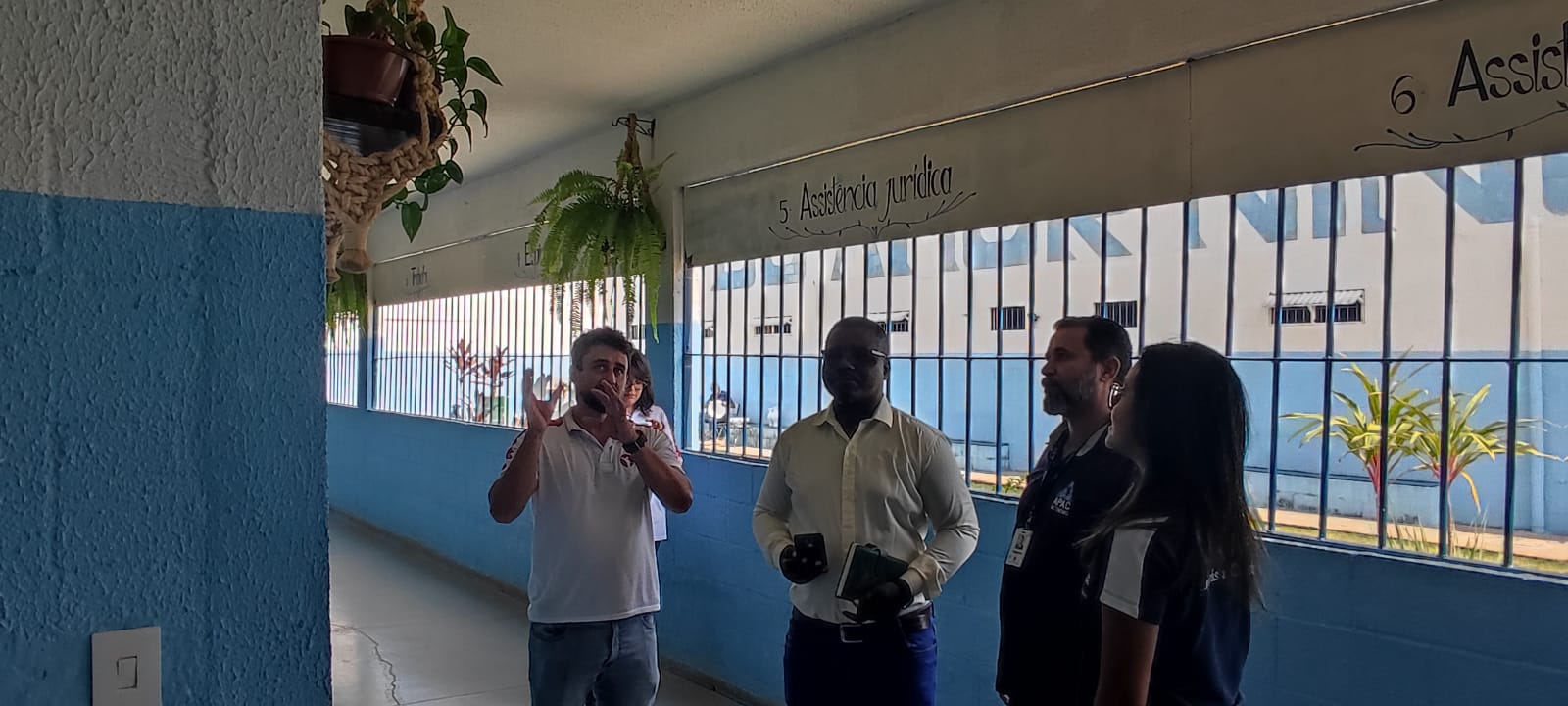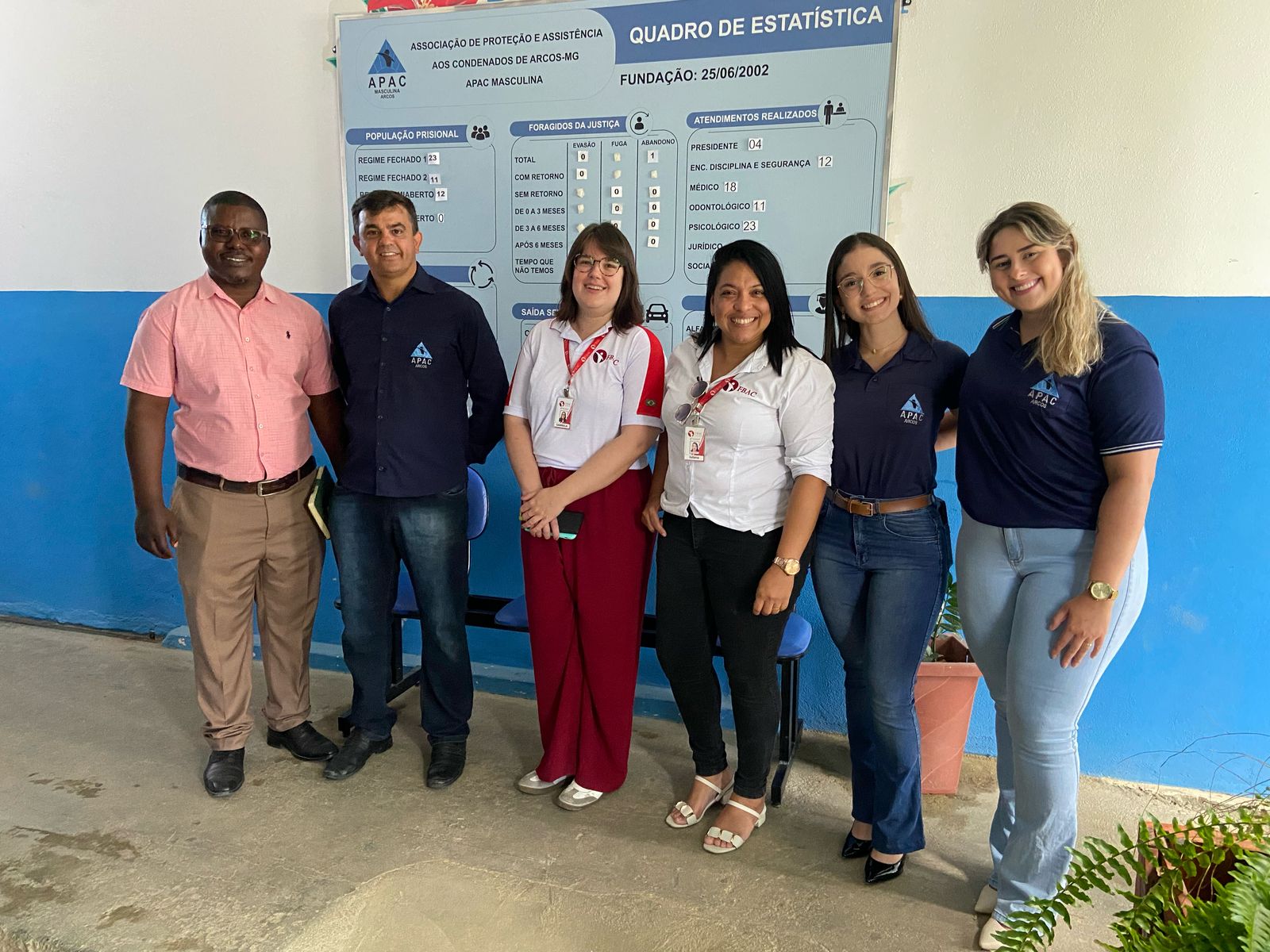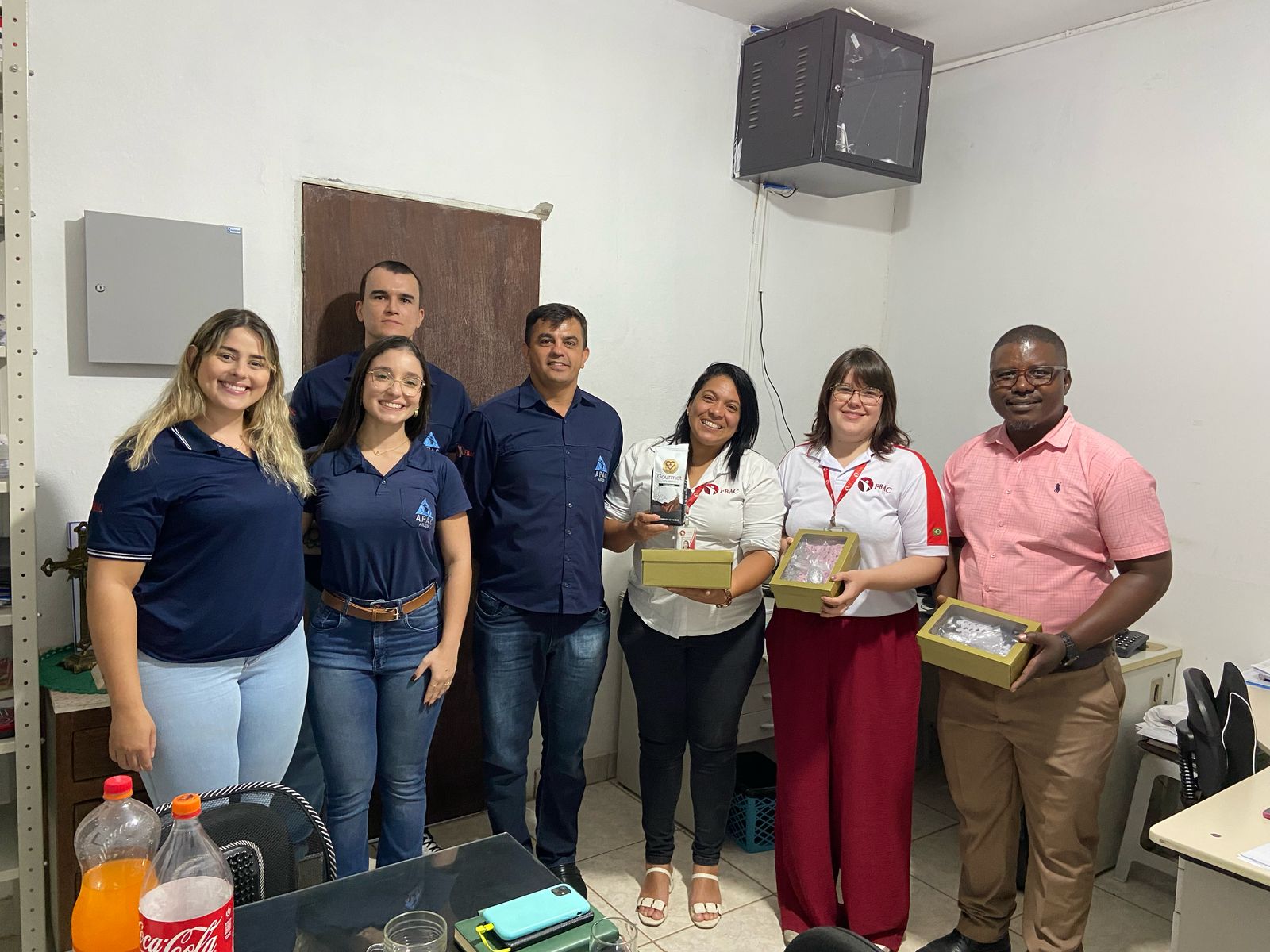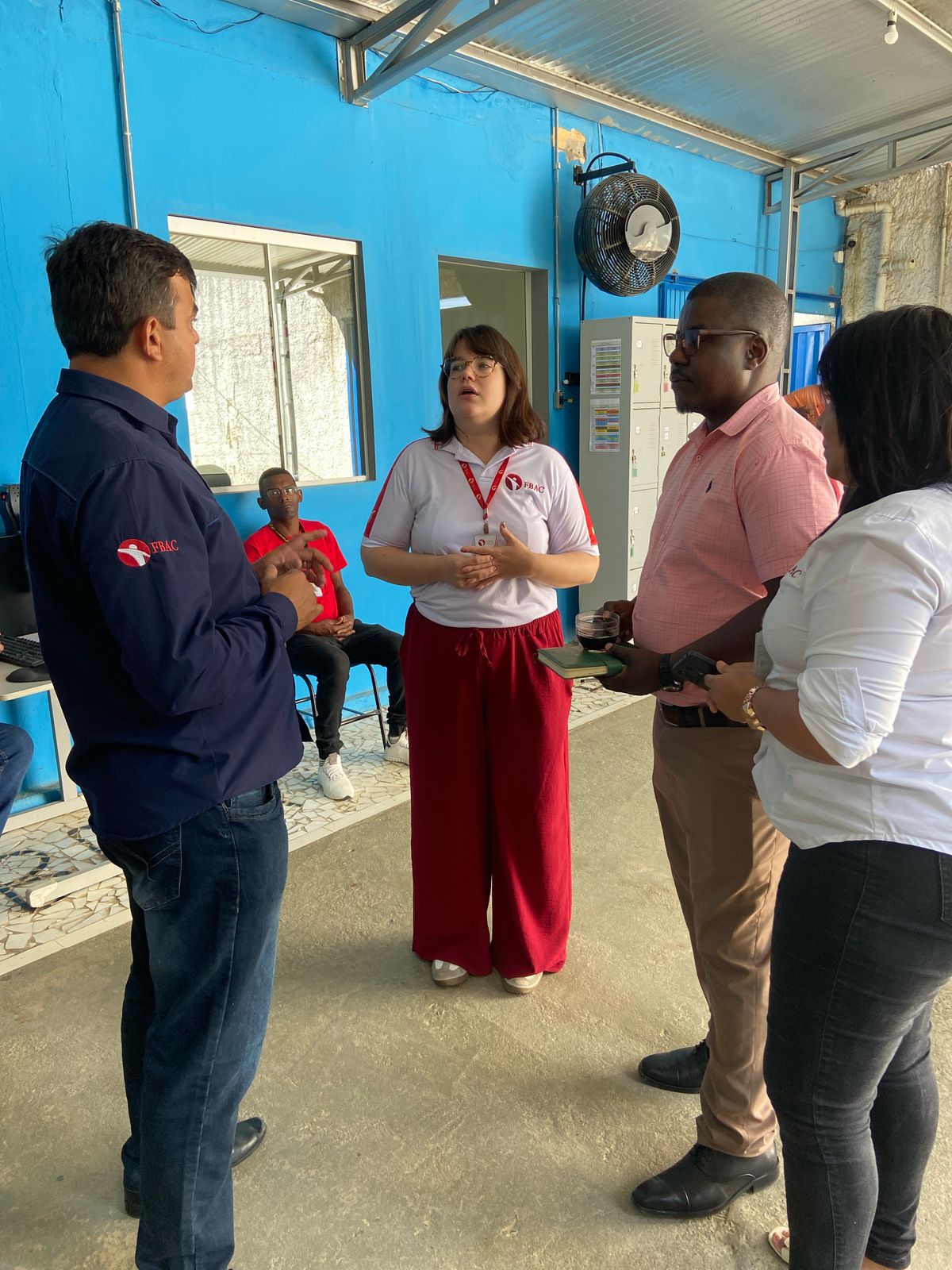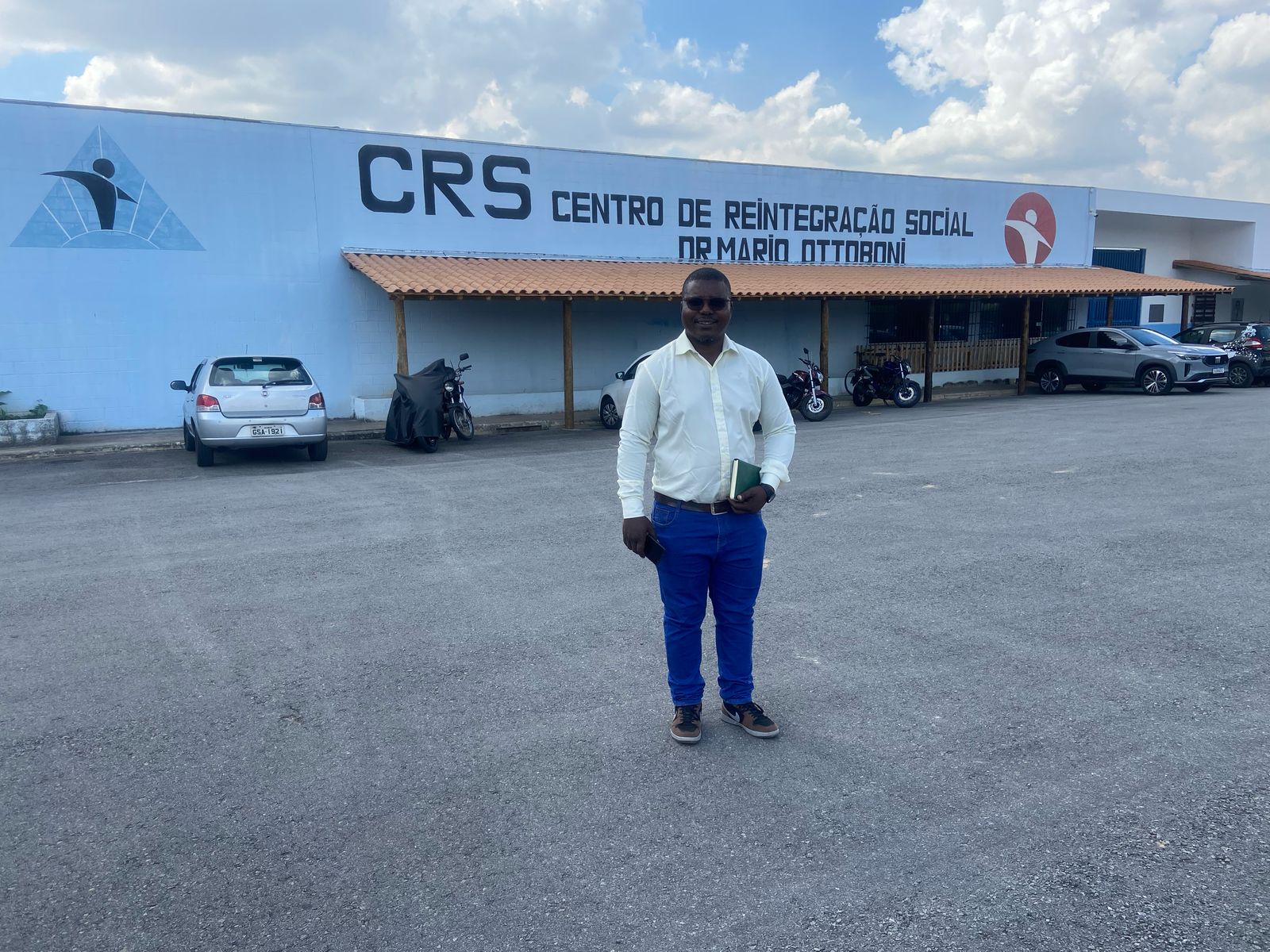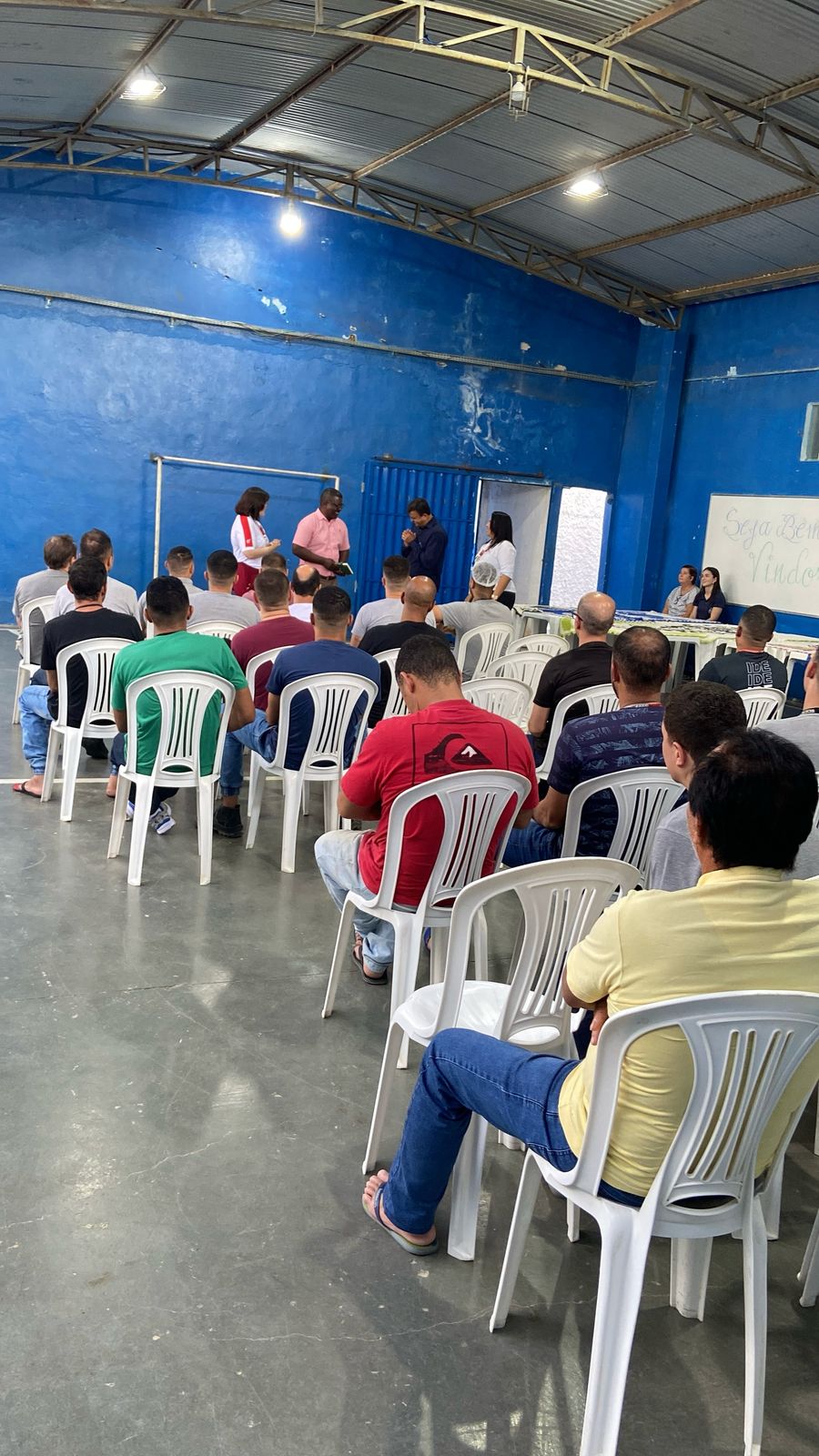How a Visit to Five APACs Inspired a New Vision for Restorative Justice in Africa
Ministry leaders from Brazil and Malawi collaborate to bring restorative model to Africa
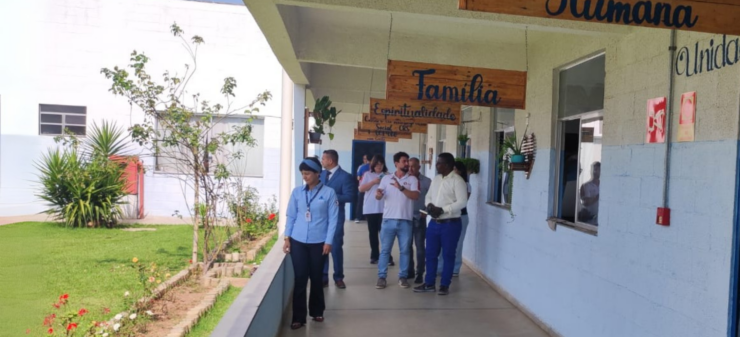
Between April 9 and 17, 2025, Rodrick Zalimba, Prison Fellowship Malawi Executive Director, visited five of Prison Fellowship Brazil’s APAC facilities. He left deeply inspired and determined to bring the model to Africa.
In April 2025, Prison Fellowship Brazil (Fraternidade Brasileira de Assistência aos Condenados/FBAC) welcomed Rodrick Zalimba, Prison Fellowship Malawi Executive Director, for a nine-day tour through five APACs (Associations for the Protection and Assistance of the Condemned) in Minas Gerais, Brazil.
The purpose of the visit was clear: to witness firsthand the transformative impact of the APAC methodology — a restorative justice model that has gained international recognition for its humane and effective approach to incarceration. Rodrick’s journey included the APACs of Divinópolis, Betim, Belo Horizonte, Arcos and Itaúna.
Divinópolis
The journey began at the APAC of Divinópolis, where Rodrick was welcomed by staff and residents. Touched by the stories of personal transformation and inspired by the legacy of APAC founder Dr. Mário Ottoboni, he shared: “I have heard about the experience and life of Dr. Mário Ottoboni. I have long dreamed of implementing something similar to APAC in Malawi. What I saw here is phenomenal.”
Betim
Rodrick then visited the APAC of Betim, a low-rise, spacious facility designed with purpose and dignity. The open layout includes workspaces, industrial units, a bakery, dormitories and recreational areas, an ideal model for replication in African settings. “Seeing the physical structure up close is essential. Betim gave me a practical vision of what we hope to build in Malawi,” he noted.
Arcos
In Arcos, Rodrick was joined by FBAC’s International Relations Analyst, Gabriela Meyer, and Methodology Inspector, Juliana de Jesus. They were welcomed by the local leadership and visited educational spaces, work initiatives and prayer areas.
Rodrick addressed the residents with heartfelt emotion: “May every blessing that falls upon this APAC also be poured out upon the APAC of Malawi.”
The visit was filled with fellowship, prayer and cross-cultural exchange, reinforcing the global mission of restorative justice.
Itaúna
At APAC Itaúna, Rodrick was moved by the faith and solidarity expressed by residents and staff. In a spiritual and emotional speech, he shared: “May your generosity and kindness to me and the people I represent echo in the halls of Heaven and before the Throne of Grace.” This powerful exchange highlighted the APAC values of love, discipline and personal transformation, all values that transcend borders.
Belo Horizonte
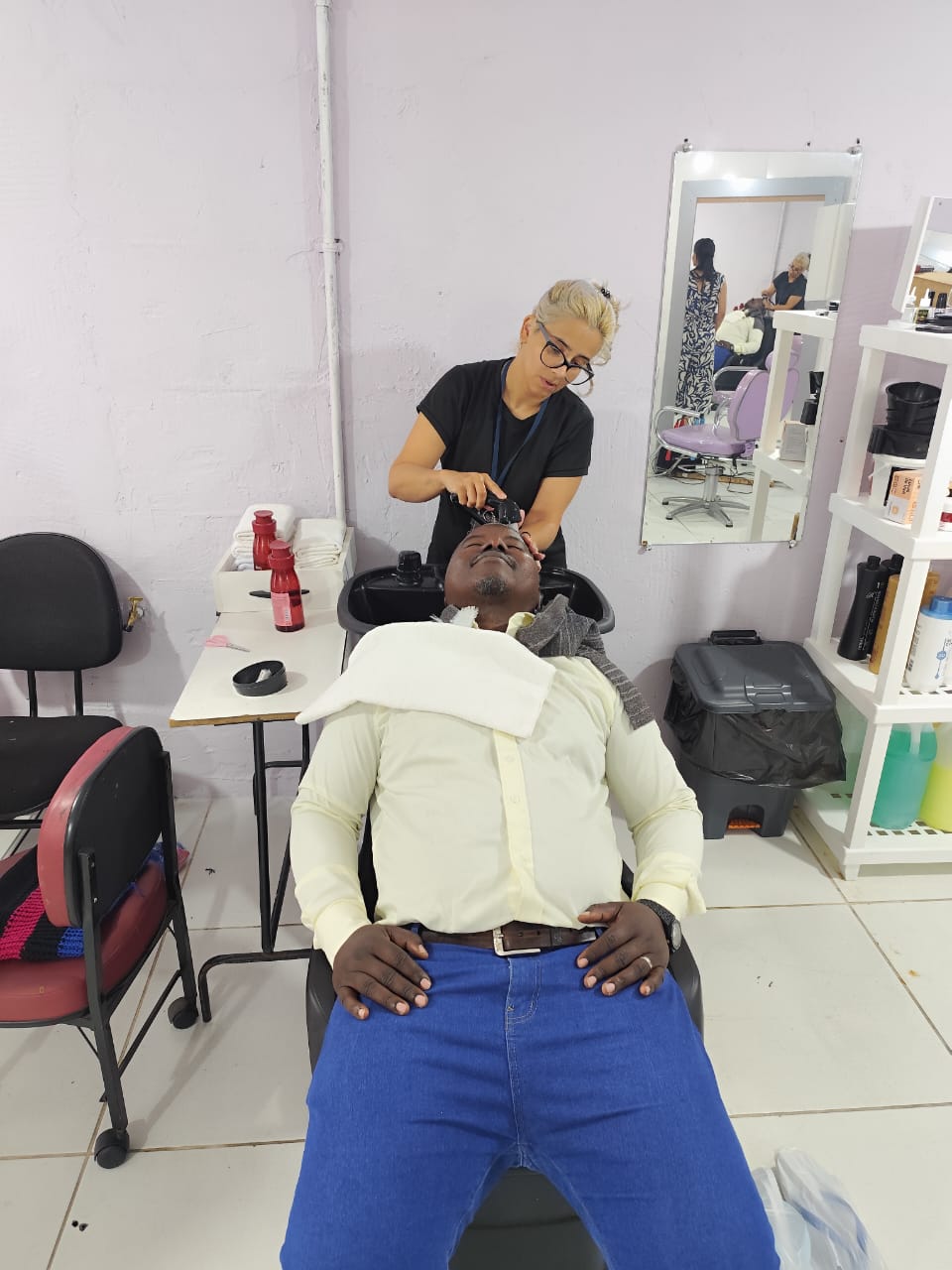
In Belo Horizonte, Rodrick was welcomed into the women’s unit, where he witnessed the APAC methodology’s profound impact.
He was especially impressed by the low cost per capita and reduced recidivism rates. He admired the disciplinary process, focused on dignity and correction rather than punishment, and celebrated the work of residents who support their families through a cooperative selling handmade products, even taking home a few items himself.
Rodrick was also moved by the spiritual dimension of the unit, especially as he prayed in a space once used for punishment in conventional prisons. He visited classrooms, the sewing room, the beauty salon where he joyfully had his hair washed and the dormitories, noting the cleanliness, organization and presence of hot showers.
At every stop, from the school and library to the health and dental clinics, he expressed awe. “This is not a prison,” he said with a smile. “This is a place of transformation.”
A Vision That Crosses Continents
Rodrick returned to Malawi carrying more than just knowledge, he returned with a mission. Inspired by what he witnessed in Brazil, he now aims to lay the foundations for an APAC in Malawi, bringing hope and human dignity to those behind bars.
This visit reaffirms FBAC’s and PFI’s shared commitment to restorative, not punitive, measures, and marks a vital step toward expanding the APAC model into new regions, starting with Africa.
